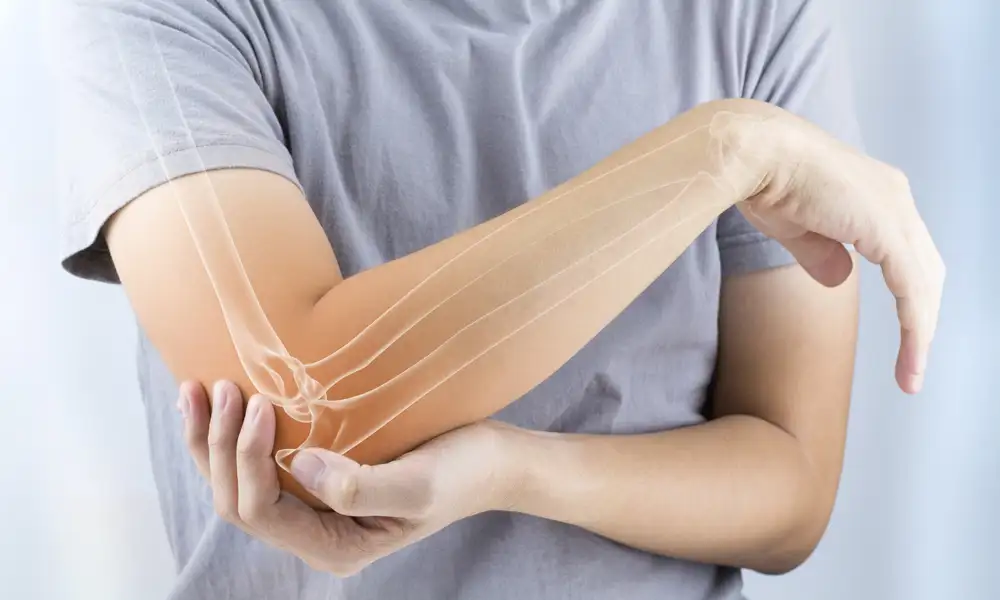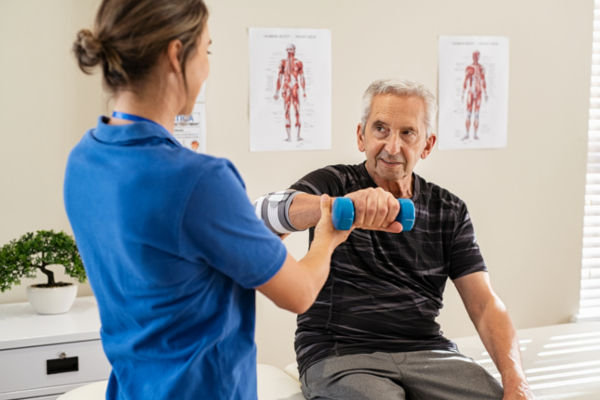
When you lose weight, how does your bone density change?
Weight loss journeys affect more than just body composition and metabolism. One crucial aspect often overlooked is the impact on bone density. Understanding this relationship helps ensure healthy weight loss while maintaining strong bones. Bones are living tissues that constantly undergo remodelling processes. This dynamic system responds to various factors, including body weight, nutrition, physical activity, and hormonal changes. The relationship between weight loss and bone density involves multiple physiological mechanisms.
Body weight affects bones
The skeletal system adapts to the mechanical load it carries. When you have more weight, bones strengthen to support this load. Conversely, significant weight changes can influence bone density in several ways.
Factors influencing bone density:
- Mechanical stress levels
- Hormonal balance
- Nutritional intake
- Exercise patterns
- Age-related changes
Science behind weight-related bone changes

- Mechanical load impact– Weight-bearing activities stimulate bone formation. During weight loss, reduced mechanical stress might affect bone density, particularly in weight-bearing joints and the spine.
- Hormonal influences– Fat tissue produces hormones affecting bone metabolism. Changes in body composition can alter these hormonal patterns, potentially impacting bone density.
Consult a professional Medical Weight Loss Clinic Portland ensures proper monitoring of these complex body changes during weight loss. Medical supervision helps maintain bone health while achieving weight loss goals effectively.
Nutritional considerations
Essential steps for bone health during weight loss:
- Maintain adequate calcium intake
- Ensure sufficient vitamin D levels
- Consume protein-rich foods
- Include bone-supporting minerals
- Stay hydrated consistently
Exercise impact on bone density
Physical activity plays a crucial role in maintaining bone density during weight loss. Different types of exercise affect bone health differently:
Weight-bearing activities
- Walking
- Jogging
- Resistance training
- Stair climbing
- Dancing
Low-impact options
- Swimming
- Cycling
- Elliptical training
- Yoga
- Pilates
Older adults face higher risks of bone density reduction during weight loss, requiring careful monitoring and intervention strategies. Women, especially post-menopausal, may experience more significant bone density changes during weight loss compared to men. Rapid weight loss typically poses more risks to bone density than gradual, controlled weight reduction.
Monitoring and management
Regular monitoring helps maintain healthy bone density during weight loss:
- Medical supervision- Professional oversight ensures appropriate weight loss rates while preserving bone health.
- Bone density scans– Regular DEXA scans help track changes in bone density during significant weight loss.
Protective measures
Dietary support
Balanced nutrition supports both weight loss goals and bone health maintenance:
- Calcium-rich foods
- Vitamin D sources
- Protein adequacy
- Mineral balance
- Regular exercise
- Sunlight exposure
- Stress management
- Adequate sleep
Medications may influence bone density during weight loss, requiring careful monitoring and potential adjustments. The relationship between weight loss and bone density helps maintain overall health during your weight loss journey. Working with healthcare professionals ensures appropriate monitoring and intervention strategies to protect bone health while achieving weight loss goals.
